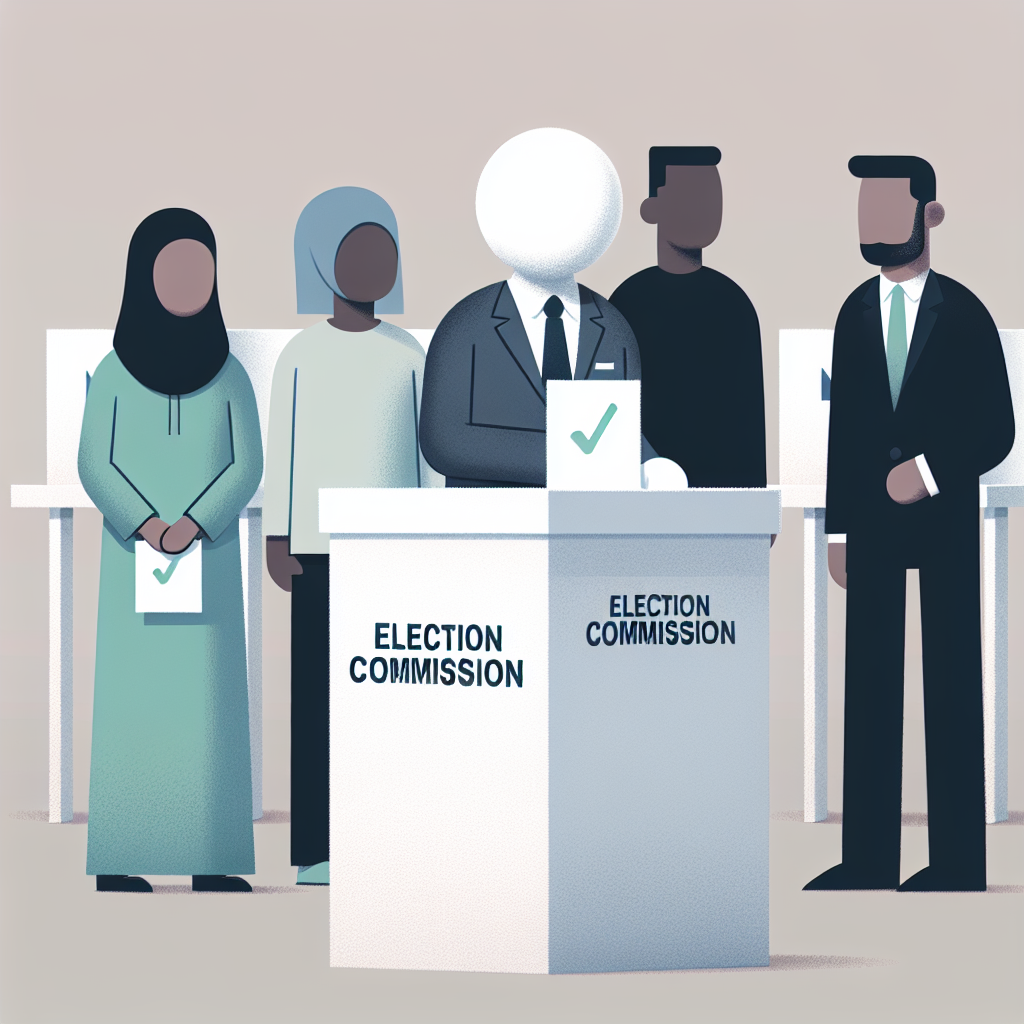Guarding Democracy: The Stress Test of Post-Jan. 6 Election Reforms
The upcoming presidential election is pivotal as it tests new systems designed to secure America's tradition of peaceful power transitions, following the January 6 insurrection. Challenges, misinformation, and legal battles loom, with reforms aiming to ensure a secure electoral process. Key players' actions remain crucial to this democracy-defining moment.

- Country:
- United States
The forthcoming presidential election, the first major electoral event since the January 6 Capitol insurrection, serves as a crucial test of the new legislative measures introduced to safeguard America's enduring tradition of peacefully transferring power.
As Republican Donald Trump faces off against Democrat Kamala Harris, the election period is fraught with anxiety. Concerns arise surrounding the potential for legal disputes, misinformation campaigns, and the critical post-election phase necessitating Congress's validation of results. Wendy Weiser of the Brennan Center highlights the unusual focus on post-election vulnerabilities.
Following the insurrection, Congress reformed electoral processes to prevent future disruption. Yet, the durability of these reforms depends on the stakeholders involved, including Congress leaders, election candidates, and myriad voters, all vested in preserving the nation's democratic integrity.
(With inputs from agencies.)
ALSO READ
Kamala Harris Sharpens Criticism and Unveils New Policies in Final Push
Kamala Harris Eyes Joe Rogan Interview in Final Campaign Push
Kamala Harris May Tap Into Joe Rogan's Massive Audience in Election Push
Government Cracks Down on Air Purifier Misinformation
Jill Biden's Campaign Trail: Rallying for Kamala Harris in Battleground States










